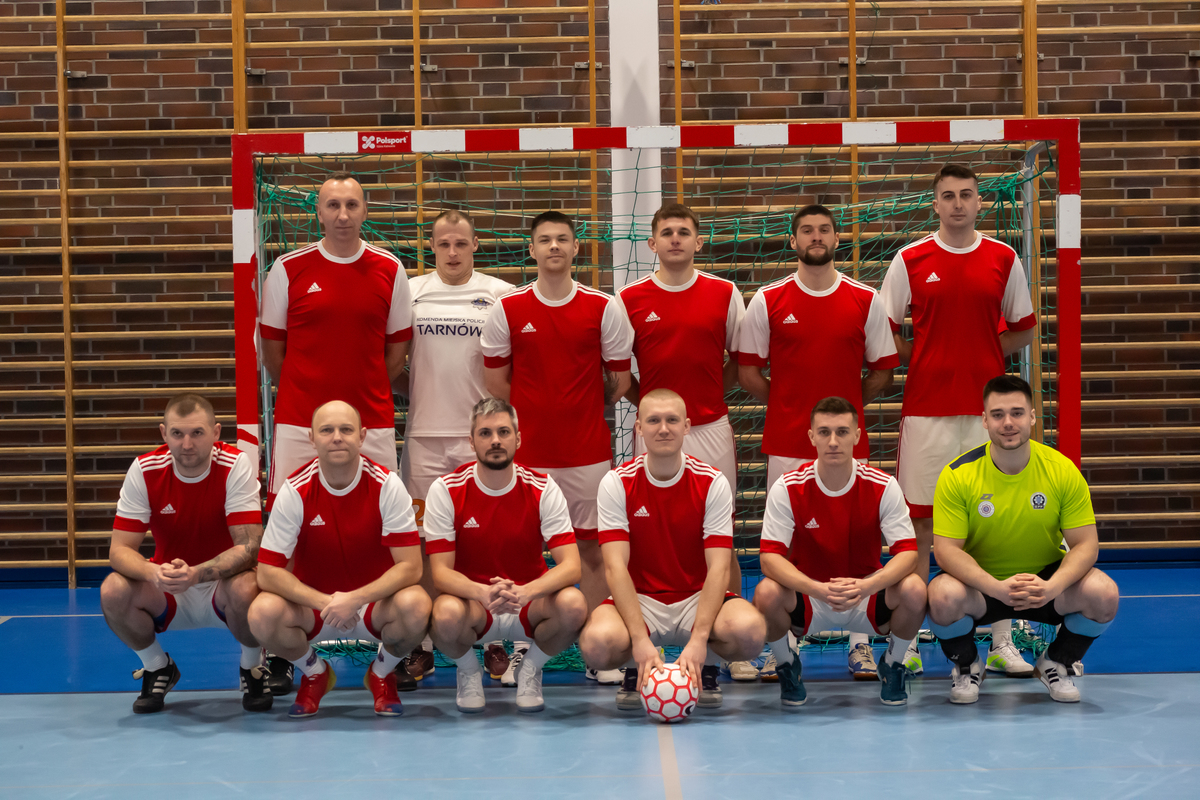Good idea, right assumptions, and terrible implementation. The four-day workweek test begins, from which we will find out nothing.
Last week, the Ministry of Family, Labour and Social Policy published a list 90 entitieswho will participate in piloting abbreviated week of work. The test will consist of 3 stages. The test will be prepared by the end of 2025. The right part will last the full 2026 – organisations will be able to check respective models, including a four-day working week, a simplification in working day or longer leave. They will receive backing for this from the Ministry, a full of PLN 50 million. By 15 May 2027 there will be a summary. All indications are that the conclusions will be completely inconsistent.
Three Start Errors
The pilot received 1994 conclusions – much little than expected. 90 players were selected from this pool. Exactly. selected! It wasn't drawn. And this is the first serious methodological error.That'll disrupt the full study. It is clear that organisations that are closer to the solutions that are being tested have applied. Secondly, there will be no control group. Just, by presumption (sic!). The 3rd problem, straight from the first one, is that nearly 60% of respondents represent the offices or units that are subject to them. How to reconcile this with the fact that in Poland according to CSO data for (data for 2021) there were about 61 1000 specified entities, and active companies 2.8 million (data of the CSO from April 2025)?! It's a clinical case of so-called. selection error, 1 of the most common in statistical surveys. No example representativeness results in a complete distortion of results. That's the kind of crap you get in sociology hard after the ears.
 Illustration by Magdalena Pankiewicz, Magazine of Good No. 10/2023
Illustration by Magdalena Pankiewicz, Magazine of Good No. 10/2023The Ministry has turned the whip on itself. With the eyes of imagination I can already see May 2027, erstwhile the study will be run across and along. And unfortunately, they will be just charges. A camp against a 4 - day work week will not gotta work hard. There will be no request to delve into economical productivity. Just question the test. In 3 sentences.
Simple answers to hard questions are usually false
It could have been so beautiful. All of this could have been well developed and truly learned about Poland, about our worker efficiency. I'm reasoning about how it happened. I wonder if it's due to haste, incompetence, or possibly – it's hard for me to get through my throat – it goes according to a plan... investigation under the thesis is not uncommon, and specified suspicions have already begun to appear. Awful.
All of this reminds me of 1 of the most crucial truths about the world, which I repeat on occasion in the NNO. Simple answers to hard questions are usually false. It's bullets to the fence. We request extended conditionality, many variables, dense descriptions separating clichés from adequacy. How it fits the Ministry test, due to the fact that the entities are of different sizes, they operate in different sectors, they have different organizational cultures. This all affects not only the readiness to change, but besides the structural possible for modernisation. Galimatias with pilotage will lead to even more polarisation on the subject. And yet it was about solving doubts based on data. Not this time.

















